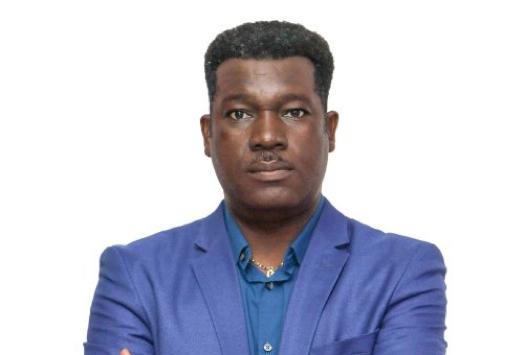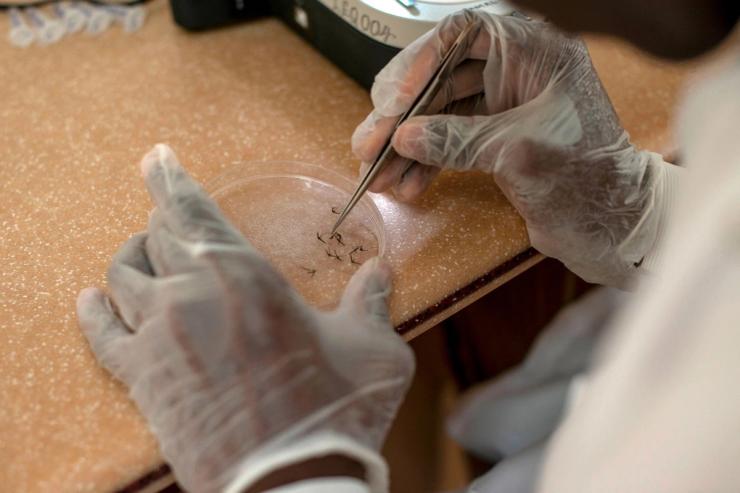The Facts
Abdoulaye Diabaté, a scientist from Burkina Faso, is at the vanguard of efforts to eliminate malaria by editing the genetic makeup of male mosquitoes and releasing them in the wild to prevent the reproduction of female mosquito species that transmit malaria. The technique is known as “gene drive” technology. Malaria kills more than 600,000 people every year, most of whom are children in Africa.
Research by Diabaté, who heads medical entomology and parasitology at Burkina Faso’s Research Institute in Health Sciences, earned him the 2023 Falling Walls Prize for Science and Innovation Management. He spoke to Semafor Africa ahead of a Ted Talk on ending malaria.
Know More
* What makes this approach more effective than other approaches used to tackle malaria?
Gene drive offers great promises as a vector control tool. The fact that it is self-sustaining, meaning that a relatively small release of modified mosquitoes are able to spread within a population and induce suppression. It allows targeting a large area in a cost effective and self-sustaining manner, reaching areas that are difficult to control with conventional methods.
* After the rollout, how long do you estimate it would take to eradicate malaria in Africa?
Malaria elimination is the ultimate goal, not mosquito eradication. Eliminating malaria in Africa will be a difficult and long process. Gene drive mosquitoes have the capacity to suppress population within two to five years in the area of release. Malaria elimination in a country, or even throughout the continent will depend on the scale of the release and on which countries will decide to use the technology.

* How are you factoring in concerns that gene drive technology is unsafe because it may create unforeseen problems in our ecosystem?
We are looking at all possible aspects in our risk assessments. We have a project in Ghana which specifically looks at what can happen if some species are reduced. The results of our studies will be shared this year. Anopheles gambiae play a very marginal role in the ecosystem, and in Africa alone there are over 600 species of mosquitoes. We are planning to target only very few, the ones more responsible to transmit malaria to humans.
* What role, if any, can AI play in helping to refine gene drive technology?
I think it is still early to fully capture the potential of this technology. How AI can help gene drive is also unclear. There are some areas where AI can help, for instance to optimize laboratory rearing of large numbers of mosquitoes (for instance to sort mosquitoes by sex) or how to optimize releases, thinking of large-scale roll out.
* When do you hope field trials of this technology can take place?
We are developing and deploying our technology following a step-wise approach. Currently, gene drive is still in the lab stage, and results are very promising. But it will still take a few years before we complete our studies to be fully confident that the technology is effective and safe. Currently, we are submitting a dossier for a controlled field release of a non-gene drive male bias strain in Burkina Faso in the next two years. This will not have an impact on malaria, but it is an important learning step for the project in preparation for the future gene drive import and release, which we hope will happen within the next five years.
Notable
- Ghana plans to move to the “elimination phase” in its battle with malaria this year, the country’s top health official told Semafor Africa in December. It follows successful trials with groundbreaking vaccines.
- Cameroon began the world’s first routine vaccine program against malaria in January, using the RTS,S vaccine which is about 30% effective. Research suggests another malaria vaccine, approved by the World Health Organization in October, could be more effective and cheaper to produce.


